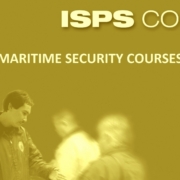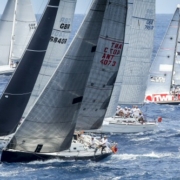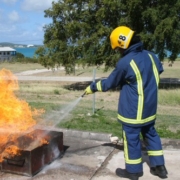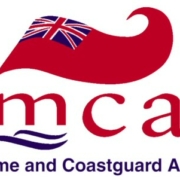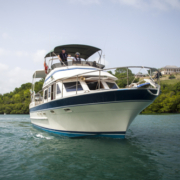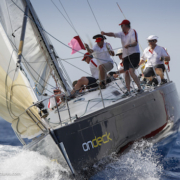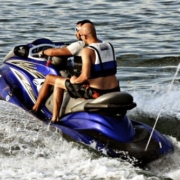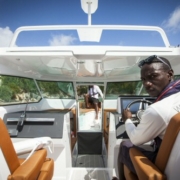Security
PSA – Proficiency in Security Awareness
Security awareness training must be undertaken by all seafarers employed or engaged in any capacity on ships which are required to comply with the International Convention for the Safety of Life at Sea (SOLAS) 1974, as amended and the International Ship and Port Facility Security (ISPS) Code. This course will provide the student with the necessary essential knowledge in order to contribute to the enhancement of maritime security and comply with this regulation.
Subjects covered in this module include:
Development of the International Ship and Port Facility Security Code.
Typical threats to the maritime transport industry.
Roles and responsibilities of relevant bodies, organisations and individuals with regard to security.
Typical threats to the maritime transport industry.
Company Security Officer and Ship Security Officer and identify the reporting responsibilities.
The need for a Port Facility Security Officer.
The need for members of the ship’s crew other than the Ship Security Officer (SSO) to have designated security duties.
Access to the ship.
Restricted areas on the ship.
Handling of cargo.
Delivery of ship’s stores.
Handling unaccompanied baggage.
Monitoring the security of the ship and the areas surrounding the ship.
The requirements for a ship to comply with the ship security plan.
Importance of participating in security drills and exercises.
Measures on counter-piracy and anti-armed robbery.
Recognise weapons, dangerous substances and devices that may be used to pose a threat including the damage that they can cause.
General characteristics and behavioural patterns of persons who are likely to threaten security including the importance of recognising such persons.
Measures for handling sensitive security-related information and communications.
On successful completion of this course the student will receive an MCA approved STCW certificate in Proficiency in Security Awareness (STCW Regulation A-VI/6-1).
PDSD - Proficiency in Designated Security Duties
The PDSD security course for those with designated security duties (in practice most of the crew on superyachts) This is a 6 hours classroom based course. It is a higher level course than the PSA and holders do not need to do PSA as well.
It is a useful course to have even if you don't have any current 'designated duties' as roles change and even crew with minor roles should have the qualification.
The training will enable the student to:
> Know why ship security is important and understand the roles and responsibilities of the organisations and individuals involved.
> Understand what constitutes a security risk, threat and vulnerability to the ship, its personnel, cargo and operations.
> Know the capabilities and limitations of security methods, equipment and systems.
> Know how to maintain the measures in a ship security plan and related requirements.
> Be able to maintain the effectiveness of security arrangements, procedures and equipment at the three security levels, taking into account their limitations.
SHIP SECURITY OFFICER COURSE – 3 DAY
This STCW training programme provides ship's officers with the knowledge and skills to carry out their duties as a designated Ship Security Officer (SSO), in accordance with the International Ship and Port Facility (ISPS) Code.
Course Prerequisites
A minimum of 12 months seagoing service on vessels over 80gt or 24M is required to qualify for an STCW compliant SSO Certificate. SSO Delegates without the pre-course experience will receive an endorsed certificate of Proficiency in Designated Security Duties (PDSD) which can be upgraded to an SSO qualification once evidence is obtained that the minimum sea going requirement has been reached.
Compliance
The Wavetrain SSO course is accredited by the Marshall Islands and, as such, is recognised worldwide. It includes the 2010 Manila Amendments and conforms to Regulation VI/5, paragraph 1 and Section A-VI/5, paragraphs 1 to 4 of the STCW Convention and Code 1978, as amended and incorporates Proficiency in Security Awareness and Designated Security Duties laid down in Regulation VI/6 and Section A-VI/6 of the STCW Convention and Code.
The course covers:
∙ Implementation and maintenance of Ship's Security Plans
∙ Monitoring the ship's security officer, security systems and processes
∙ Training and motivating company and ship personnel in the performance of security related duties
Who Should Attend
Personnel who have been, or are likely to be, appointed as Ship Security Officers under the International Ship and Port Facility Security (ISPS) Code.
NOTICE: We do not currently offer the Ship Security Officer Course. Please contact us for more information.
Please click on the 'Training Dates & Booking' button on the right to check available dates.

